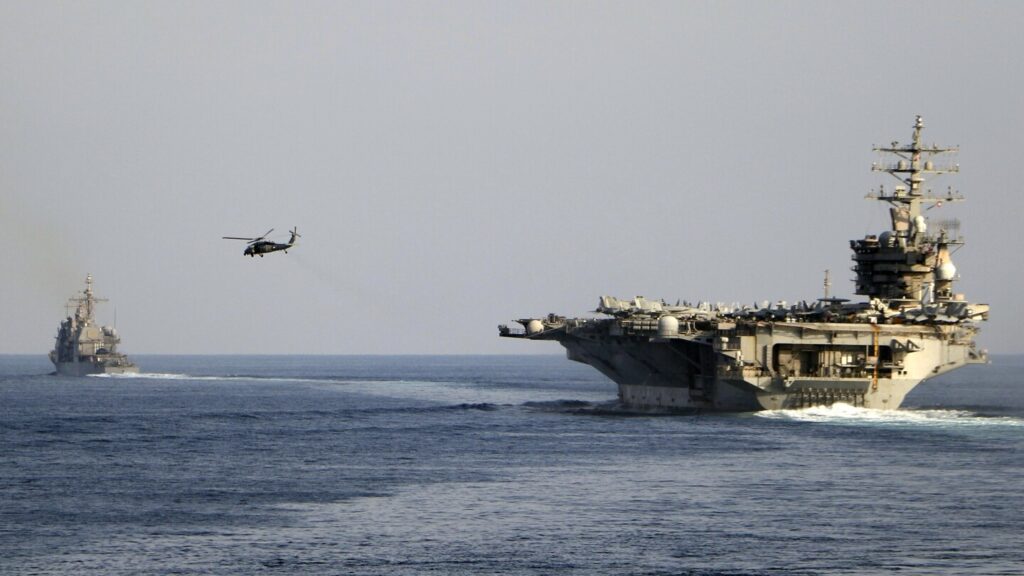The ongoing tensions between Israel and Iran have raised concerns about Iran potentially closing the Strait of Hormuz, a crucial oil passage that handles about 20% of the world’s oil supply, particularly affecting Asia. The Strait, located between Oman and Iran, is heavily fortified with naval mines and missile systems. Recent U.S. military strikes in Iran have cast doubt on military responses to any Iranian aggression.
Closing the Strait could lead to a significant spike in oil prices, potentially reaching up to $130 a barrel temporarily, which would have global economic repercussions, particularly for countries like China, India, Japan, and South Korea that rely heavily on this oil route. However, analysts note that Iran would face severe consequences as well, as blocking the Strait would also hinder its own oil exports, notably to China, its major trading partner.
While there are no easy alternatives to the Strait for oil transport, analysts expect that should Iran attempt to close it, the U.S. would likely intervene militarily to ensure it remains open, reminiscent of protective measures taken in the past during the Iran-Iraq War. Therefore, any price increases from such actions may not endure, as the U.S. Navy would likely swiftly restore access.
Source link


